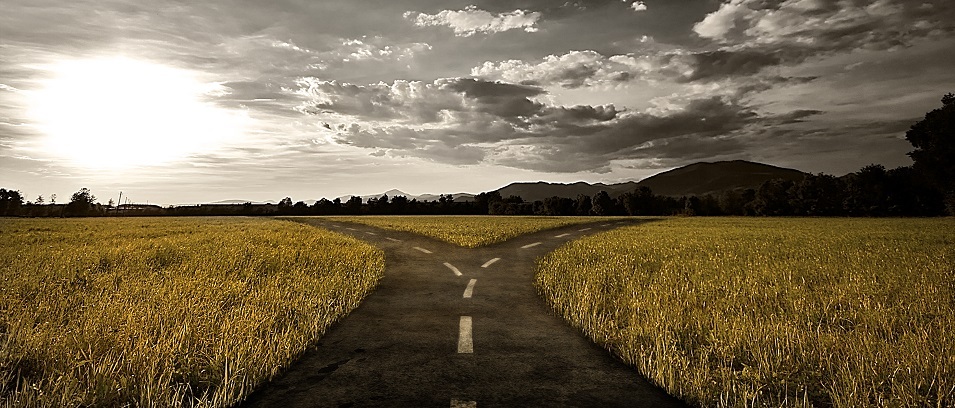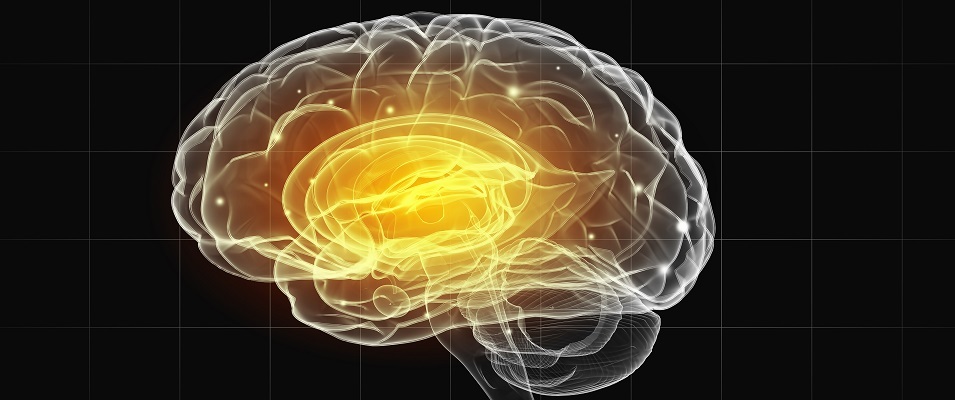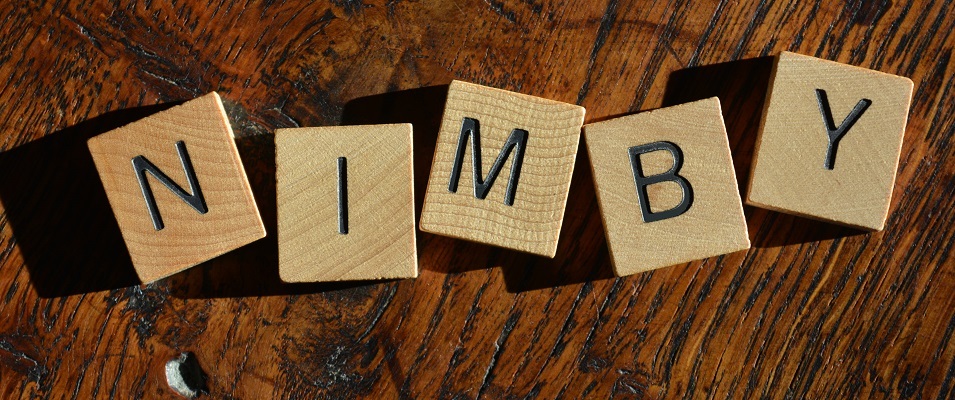
On March 12, 2020, the provincial government announced its first case of COVID-19. Reactions in Manitoba were similar to reactions around the world; we saw stores packed with panicked shoppers, fear on social media, and a perplexing shortage of toilet paper.
As businesses closed and people began working primarily from home, our cities were transformed; if you were one of those who still had to drive to work in those early days, the empty streets during rush hour were positively eerie. It felt more like the start of a disaster film than real life.
Predictably, anxiety became—and remained—a feature in many of our lives.
Now, 16 months later and with roughly 80 percent of eligible individuals having received at least one dose of a vaccine, we are starting to see positive change. Our healthcare system has brough back patients from other provinces and is beginning to breathe a bit easier. It’s a beam of light, visible from the end of the tunnel and a break from the tremendous strain we’ve been under.
Thanks to the heroic efforts of science and medicine, hope is pulling ahead of death and fear.
As restrictions ease and we scurry out of our burrows, though, many of us are glancing around nervously for our shadows. We’ve seen it before. We’ve been through more than one lockdown. It’s hard to shake the persistent vigilance we’ve been living with for more than a year.
Even if more lockdowns are less likely with the vaccination rates steadily rising, some people are beginning to experience apprehension about life returning to “normal.” The idea of returning to the office, of going without a mask, of being in crowds, even of having regular social interactions fills some people with what’s being called by some “reopening anxiety.”
Different from the concern that we’ll have to go into lockdown again, this anxiety is related to the stress introduced by returning to our old, and now unfamiliar, routines.
According to a study published by the American Psychological Association, roughly half of Americans feel uneasy about returning to face-to-face interaction after the pandemic. The same study found that nearly half of those surveyed felt uncomfortable with the idea of returning to the way they had lived pre-pandemic at all.1
This may seem counterintuitive. Shouldn’t we all be excited to return to normal?
As with any issue related to human thought and behaviour, the causes of this anxiety are multifaceted and complex.
One area is social. We’ve simply gotten unused to being around people. Author of The Art of Gathering, Priya Parker refers to this as an atrophying of our social muscles.2 Like any muscle, we need to exercise our social skills. It might be challenging, but with practice much of this anxiety will recede—especially as we can see each other’s faces in public again.
Another factor partially responsible for our reopening anxiety is the long-term mental health impacts of the pandemic. Depression, anxiety, substance use disorders, and other issues have risen sharply across the country, and for many people—especially frontline and healthcare workers—those issues have gone untreated. As we open up, those dealing with untreated mental health issues may be worried about having to re-enter a post-pandemic world while still carrying the scars from their pandemic battles.
In addition, many people who have entered the ranks of the fully vaccinated and are now able to go maskless in some circumstances are faced with other new concerns. Are the people you interact with in public vaccinated, or unvaccinated? It’s a new concern for us, having to think about those who choose to remain unvaccinated and the risks they pose to themselves, to those unable to take a vaccine, and to the development and spread of more dangerous variants.
A post-pandemic world does not mean a post-COVID world, after all, and this unfortunate new rift threatens to divide us. The political, religious, and interpersonal landscape of the reopened world will be very different, and none of us can really predict what that will mean yet. Uncertainty is a powerful source of fear.
Finally, we need to acknowledge the bottom line: life transitions are hard. Always. Even good ones. Psychologists have known this for decades, and countless books have been written on the subject.
These factors mentioned above are just individual pieces of the great transition we’re about to go through. Put together, it makes for a complex puzzle.
Despite how difficult the coming months and years may be, there’s one thing we should never forget: we’re all going through this life transition together. This gives us an opportunity to support, and be supported by, each other, which is an excellent way to flex our social muscles.




















